Denis Law, the great Manchester United striker who won the Ballon d’Or and European Cup during a legendary career, has died aged 84.
The Scottish forward formed a third of United’s “Holy Trinity”, alongside George Best and Sir Bobby Charlton, plundering 237 goals for the club in a glittering career spanning 18 years, which also took in spells at Huddersfield Town, Manchester City and Italian club Torino. He remains Scotland’s joint-highest scorer with 30 goals in 55 appearances for his country, a record he shares with Kenny Dalglish.
Law, the only Scot ever to be named European Footballer of the Year, had been suffering from Alzheimer’s and vascular dementia.
Law’s family said in a statement: “It is with a heavy heart that we tell you our father Denis Law has sadly passed away. He fought a tough battle but finally he is now at peace. We would like to thank everyone who contributed to his wellbeing and care, past and much more recently. We know how much people supported and loved him and that love was always appreciated and made the difference. Thank you.”
The Old Trafford club added: “Everyone at Manchester United is mourning the loss of Denis Law, the King of the Stretford End, who has passed away, aged 84. With 237 goals in 404 appearances, he will always be celebrated as one of the club’s greatest and most beloved players. The ultimate goal-scorer, his flair, spirit and love for the game made him the hero of a generation. Our deepest condolences go out to Denis’s family and many friends. His memory will live on forever more.”
The esteem in which Law was held could be summed up by one of Sir Alex Ferguson’s early run-ins. Siggi Held, the West Germany forward, was a terrific player, one who played in the 1966 World Cup final. But when he turned down a request for an autograph from an unusually star-struck opponent in an exhibition game, the snubbed centre-forward felt the need to put him in his place. “Who do you think you are, Denis Law?” said a young Ferguson.
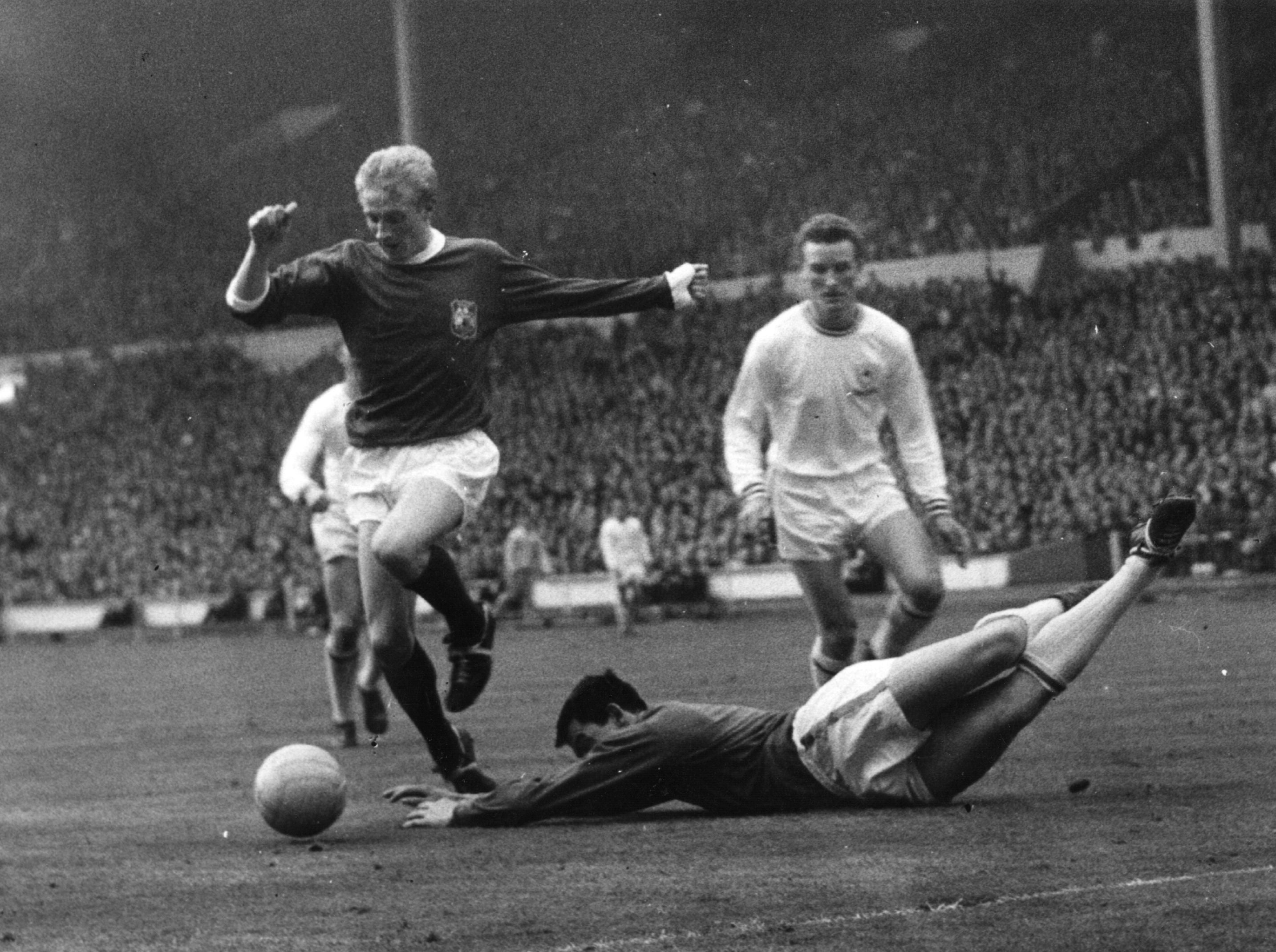
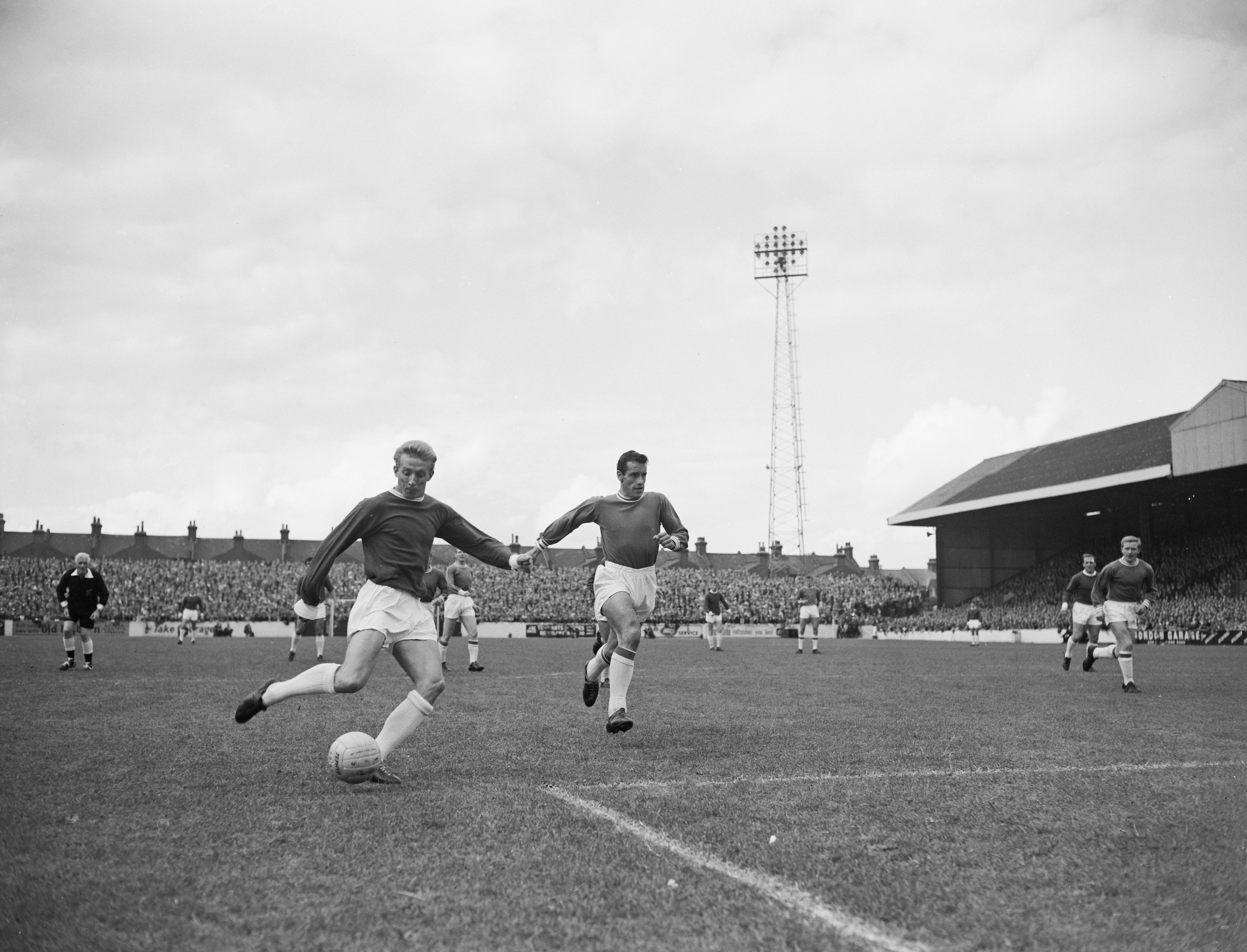
More than half a century later, Ferguson joined Law to unveil a statue of the latter in his native Aberdeen, his admiration still very evident. Law, he said, was the greatest ever Scottish footballer. If Dalglish’s advocates may disagree, something is fitting in them spending decades twinned as their country’s leading scorer, Law’s goals coming in 47 fewer caps.
For 60 years, Law has retained the distinction as the only Scot to win the Ballon d’Or. His brilliance is reflected in bronze outside Old Trafford, too: outside the Emirates Stadium, in a way, with a Dutch fan so devoted he named his son after Law. The authorities in the Netherlands forced him to add a second “n” but that boy grew up to be Dennis Bergkamp.
The loss of Law robs football of a unique figure. He played for Bill Shankly as well as Sir Matt Busby. He will be mourned by Manchester City as well as Manchester United. Both broke the British transfer record to sign him but City doubled their money when selling Law to Torino. Busby paid £115,000 to bring him back from Italy and later reflected: “Denis Law was the most expensive signing I ever made, but on achievement, he turned out to be the cheapest.”
Because Law’s significance stretches far beyond the numbers, beyond all the United goals that still means only Charlton and Wayne Rooney have outscored him. He was the catalyst for the creation of Busby’s third great team, the man who made it possible for the manager to achieve his epic ambition even if, cruelly, Law was not there to see it, let alone cap it with a goal.
Like Eric Cantona 30 years later, he elevated United to another level with a combination of individual brilliance and force of personality. Yet when he arrived at Old Trafford in 1962, the wilderness years were a consequence of tragedy, not mediocrity. United had never recovered from the 1958 Munich air disaster. The psychological and footballing blows felt too great, the burden on Charlton too large, the loss to Busby too great. But as Charlton later wrote: “The genius of Matt Busby reappeared in those years of renewal after Denis Law made his dramatic entrance.”
Law’s goals – 23 in the league alone – were required to avoid relegation in his first season. United limped in 19th. But with him opening the scoring in the final, they won the FA Cup. The following campaign, a teenager from Belfast debuted: United had their Holy Trinity, with Best and Charlton alongside Law. In two cases, their surnames even lent a sense of superiority: the Scot was the Lawman, fast-tracked to the captaincy and a goal machine. His 46-goal season in 1963-64 earned him the European Footballer of the Year award and remains a club record; Ruud van Nistelrooy and Cristiano Ronaldo have since threatened it but Law remains pre-eminent. But for a 28-day suspension for a sending-off, he probably would have reached a half-century. He was quicksilver and short-tempered.
“Fast, arrogant, tough, skilful, sharp, good in the air,” Charlton said.
“When you think of the thunder and lightning of Denis Law, he could do anything at any time,” teammate Nobby Stiles subsequently concluded.
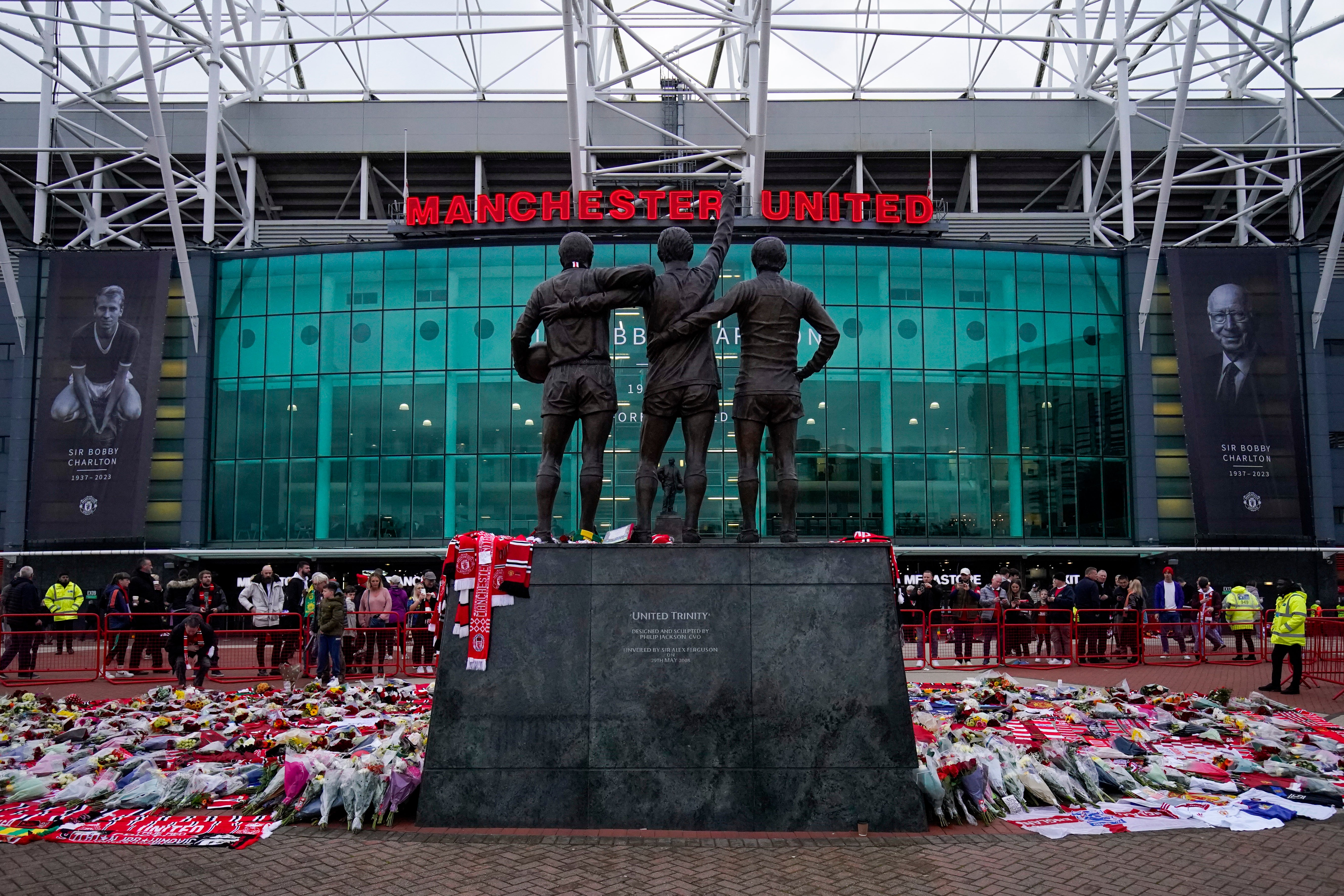
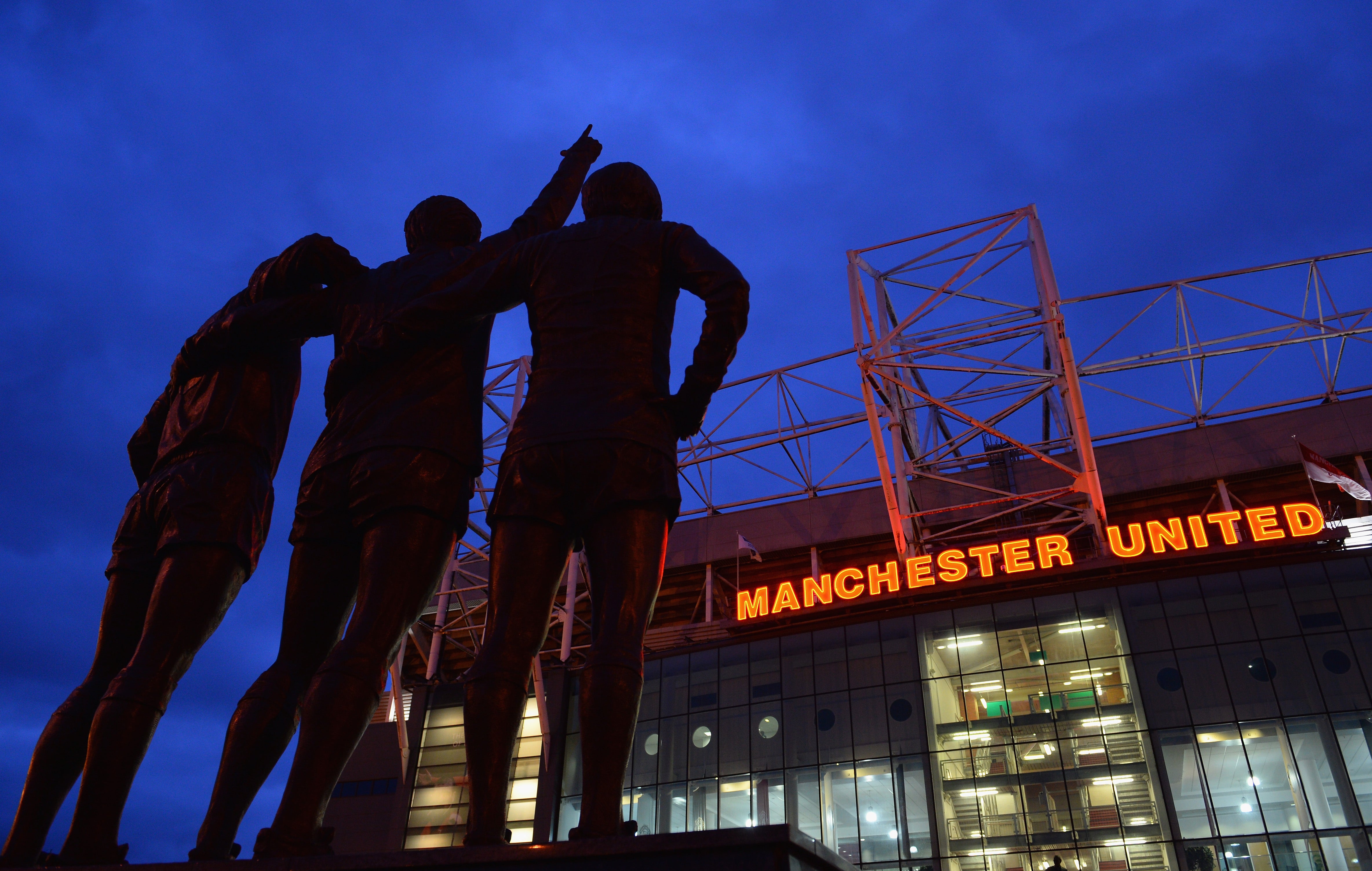
He was thunder in a slender package. Shankly, who gave him his debut for Huddersfield at 16, who wished he had the money to take Law to Liverpool, remembered the teenager he first encountered. “He was only a skinny whippet of a lad,” he said. “You thought, how could he play? Then you see him play and realise he was something unusual. It is debatable if anyone was better than him. All the cunning tricks that would cause trouble, Law knew them when he was a boy.”
Law, Shankly once said, could dance on eggshells. He could score for fun: there were 39 goals in 1964-65, when United became champions for the first time since Munich, a further 25 two years later when they regained the Division 1 title. It was Law, as much as anyone else, who sent them back into the European Cup, to pursue Busby’s tragic, heroic dream.
Yet when it was realised, he was in hospital after undergoing knee surgery. The glory at Wembley in 1968 went to Charlton, who had succeeded Law as captain and scored twice, and Best, the 1968 European Footballer of the Year. Charlton had taken the prize in 1966, giving United three Ballon d’Or winners in the same side, each an iconic figure. Very different attacking talents were different people: Best the emblem of the Swinging Sixties, Charlton the dignified Munich survivor who evoked an earlier era, Law his own man.
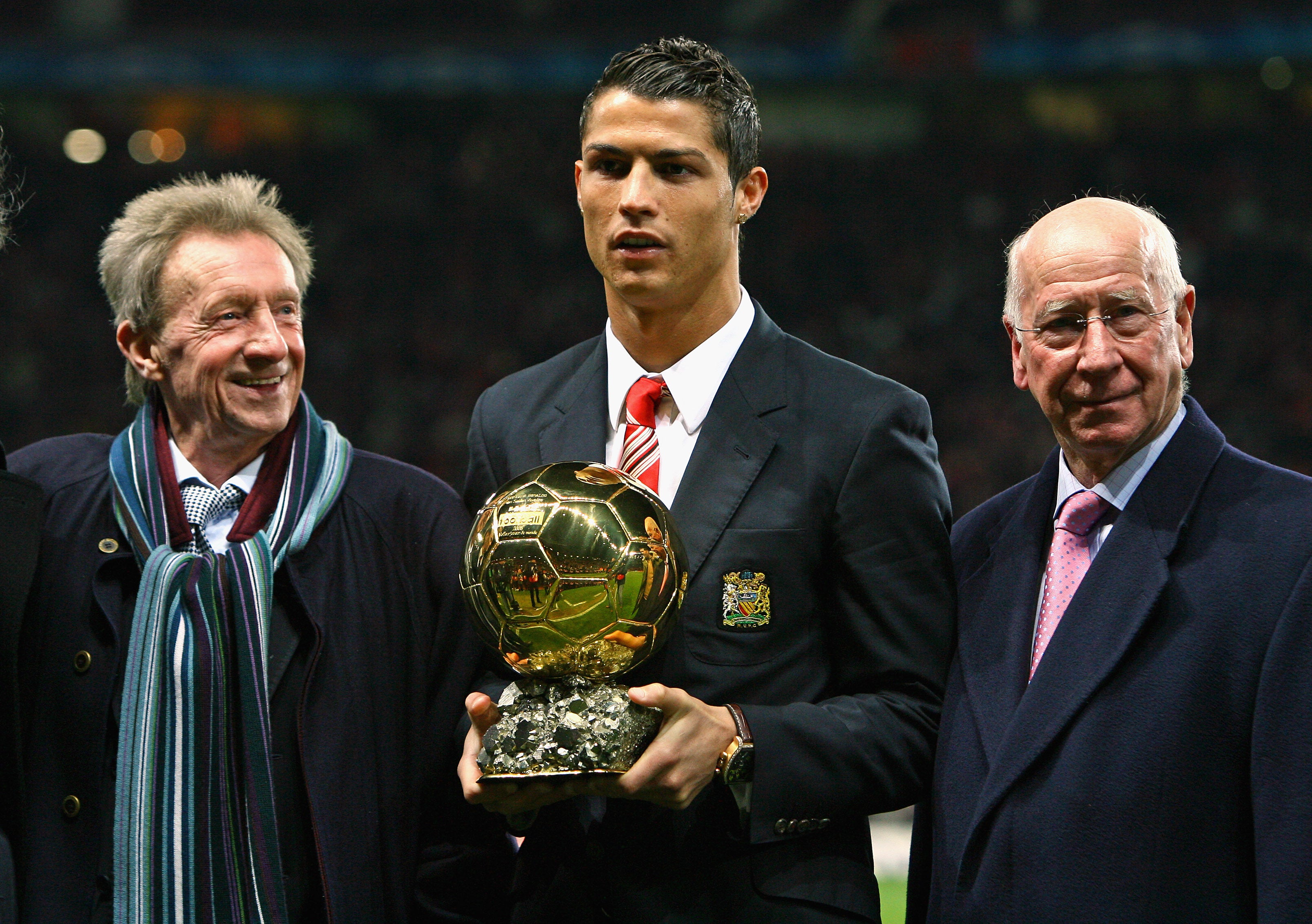
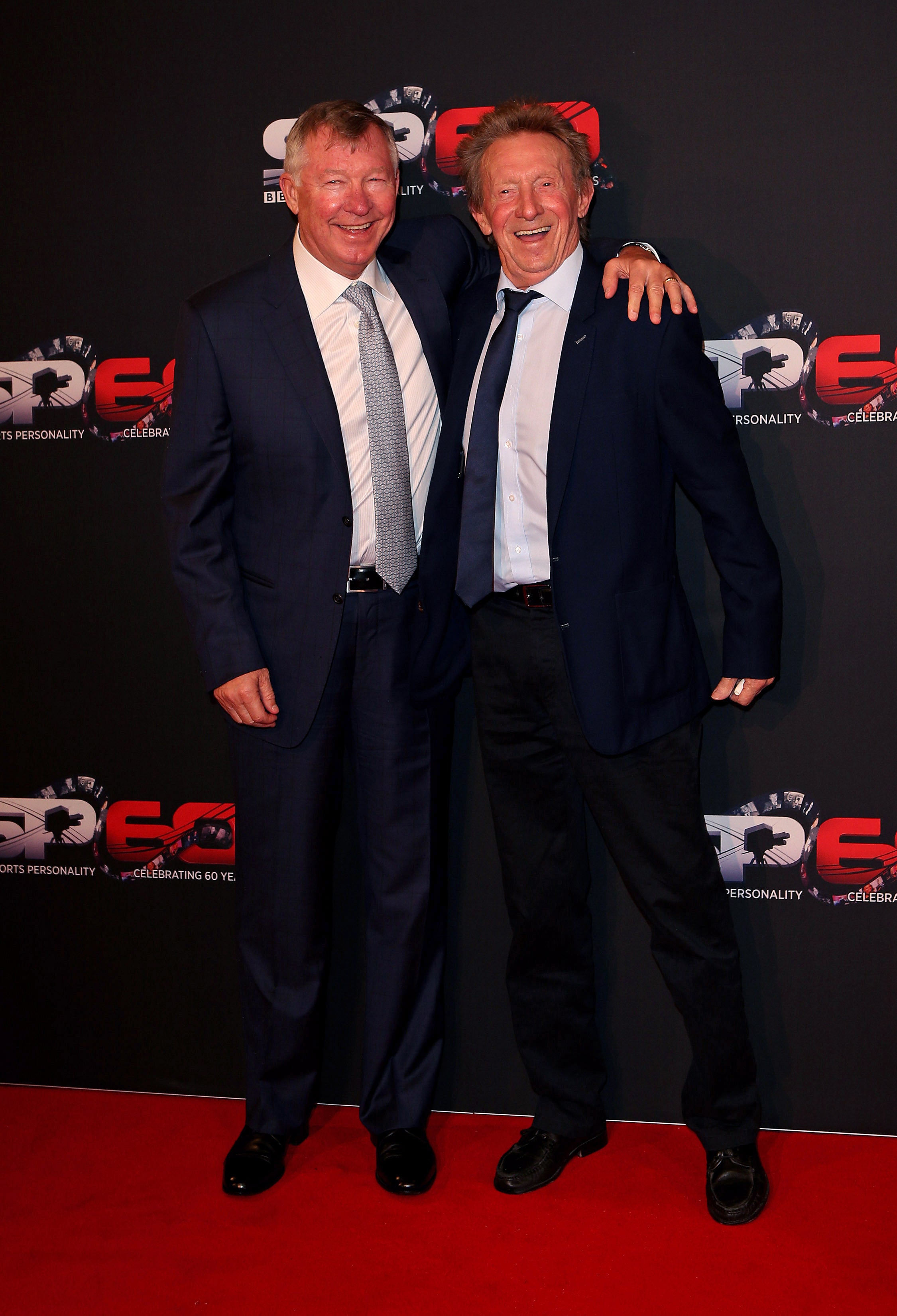
“Denis would always be a loner to quite a sharp degree,” Charlton said. Yet they were reunited on Best’s deathbed and stand together outside Old Trafford; their statue, commissioned after Best’s passing, was a source of pride to both Law and Charlton.
It is a lasting reminder of better times. Law scored 30 times in 1968-69, but Busby’s retirement sent United spiralling into decline. Charlton retired and Law was released in 1973: the latter rejoined City for a valedictory season and his final meaningful goal, an improvised backheel at Old Trafford that Law himself described as “a complete fluke”, went down in folklore as the strike that relegated United. They were going down anyway but Law did not celebrate his strike. “It was awful,” he later said. “It turned out to be my last ever kick of a ball in league football.”
He went on to kick one in the World Cup: he had missed out on selection for 1958, Scotland did not qualify for 16 years and his was perhaps a sentimental selection, dropped after the 2-0 win over Zaire. Yet if Law barely graced the World Cup and never figured in a European Cup final, his greatness was cemented nonetheless. He was perhaps the most devastating goalscorer United have ever had, scoring 203 times in his first seven seasons; the man who catapulted them from years of struggle back to the top in England and who made the 1968 European Cup win possible. And he was Ferguson’s hero.






